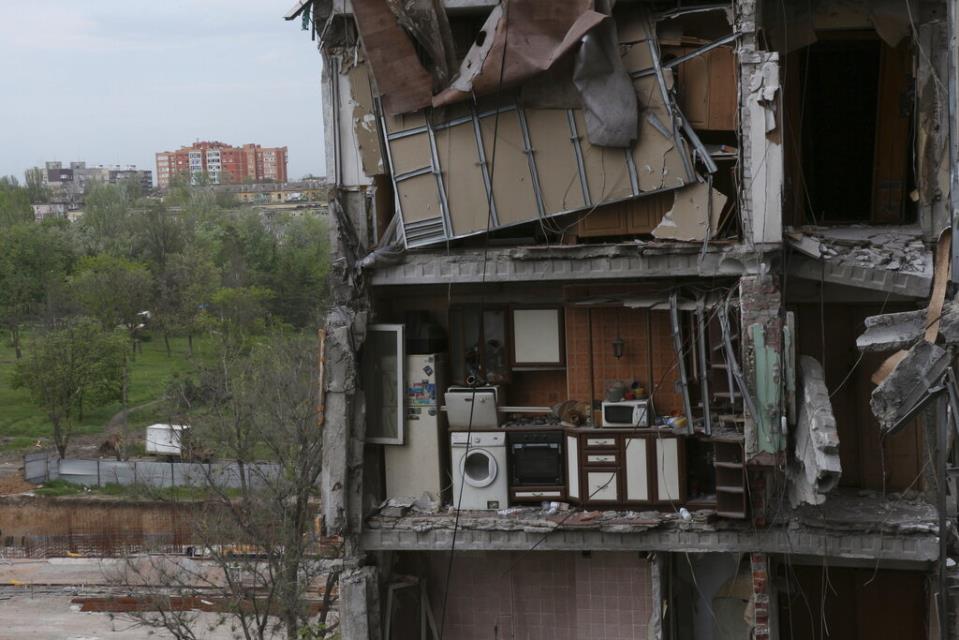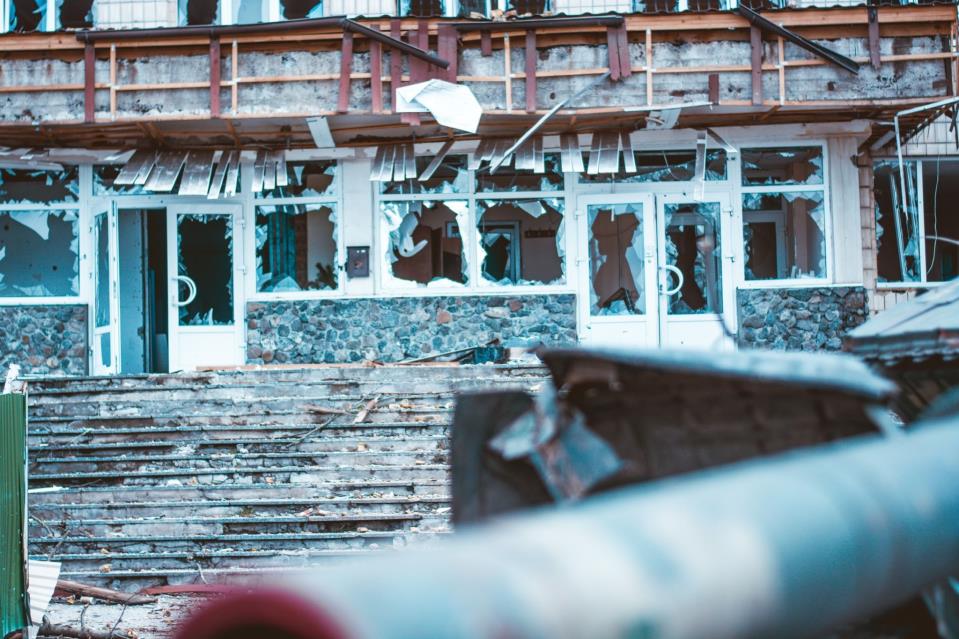As the war in eastern Ukraine rages on, the Russian government insists that Kyiv’s forces have committed war crimes in the Luhansk and Donetsk region, while continuing to deny that its own soldiers executed civilians in Bucha.
Despite the numerous civilian killings in the now infamous Kyiv suburb, Moscow says the scenes witnessed by several foreign journalists, including this newsroom, were staged, and that the executions only took place after its forces left the area.
The claims were made in two documents sent to The Malta Independent by the Russian embassy in Malta.
The documents detail what Russia describes as “human rights violations” by Ukrainian forces in the separatist regions, while referring to the Ukrainian forces as “Nazis.”
It claims that the Ukrainian military “brutally” and “ruthlessly” shelled residential areas, and that civilians were “tortured” and “executed.”
It also tried to discredit media reports about Mariupol, which has been under siege for over two months, saying that Ukrainian forces shot at their own people, used civilians as human shields and prevented people from escaping the city.
None of the Mariupol refugees interviewed by this newsroom last month made such claims. One of the women interviewed, in fact, told us that her life was saved by Ukrainian soldiers who urged her to flee the besieged city.
Mariupol has become a symbol of Ukrainian resistance after over a thousand troops and civilians held up against incessant Russian attacks for two months. All civilians have now left but a number of Ukrainian soldiers are still holed up inside the Azovstal plant, which is completely surrounded by Russians.

Bucha
Russia insists that it is being “unfairly blamed” for “staged” civilian killings in Bucha, which lies on the outskirts of Kyiv.
It says all Russian forces had completely withdrawn by 30th March but reports of civilian killings only emerged four days later.
This is factually incorrect, as the reports on Bucha had surfaced by 2nd April. In fact, our team went to Bucha on 4 April, two days after learning about the alleged crimes.
Russia also says the Bucha killings were faked, claiming that some of the bodies show in news footage could be seen “moving or changing position” and that it was clear that the civilians were killed after the Russians left. This is, the embassy says, because the blood on the bodies had “not yet coagulated” and the corpses had not yet “stiffened.”
This newsroom is not sure which bodies and videos Moscow is referring to, but we can confirm that the dead civilians we saw in Bucha had been shot at least two weeks prior to our arrival on 4 April. That puts the killings at a time when Bucha was still occupied by the Russians.
Furthermore, the bodies found sprawled in private residences and also at the mass grave were also in an advanced state of decomposition, denoting that these people were killed several days before we arrived.

Claims of torture, executions
In other parts of the documents, the embassy accuses the Ukrainian media of “misinformation”.
It claims that some of the news photos purporting to show the remains of Russian missiles actually show Ukrainian missiles that were shot down by Russian or separatist forces.
The Russian government claims, for example, that the former base of the Aidar battalion in Polovonkino was used as a “concentration camp” for refugees. The smokehouses of the sausage workshop had been “converted into cells, torture rooms and places for executions.”
The political rhetoric is clear throughout the two documents sent by the embassy: “In the basement of the Mariupol school No. 25 used as a Nazi stronghold, a woman’s corpse was found with traces of torture and a swastika painted on her stomach with her own blood.”
It also claims that the Ukrainians hid munitions and weapons in schools and that, in some areas, the army “deliberately” deprived entire towns and villages of electricity.
Meanwhile, new reports have emerged on the use of phosphorus and cluster bombs by Russian forces in the eastern part of the country. Both types of munitions are banned under international laws. This newsroom is currently travelling to Kharkiv, where a Ukrainian journalist was recently killed by what is believed to have been a phosphorus bomb attack, and will be investigating any war crimes that might have taken place there.
Our team in Ukraine would like to thank the following companies for their support:
GO – for providing them with unlimited mobile data.
Moneybase, Jesmond Mizzi Financial Advisors, EY Malta, APS Bank and Multipackaging Ltd for providing financial support.
The Malta Police force for providing the team with protective equipment.